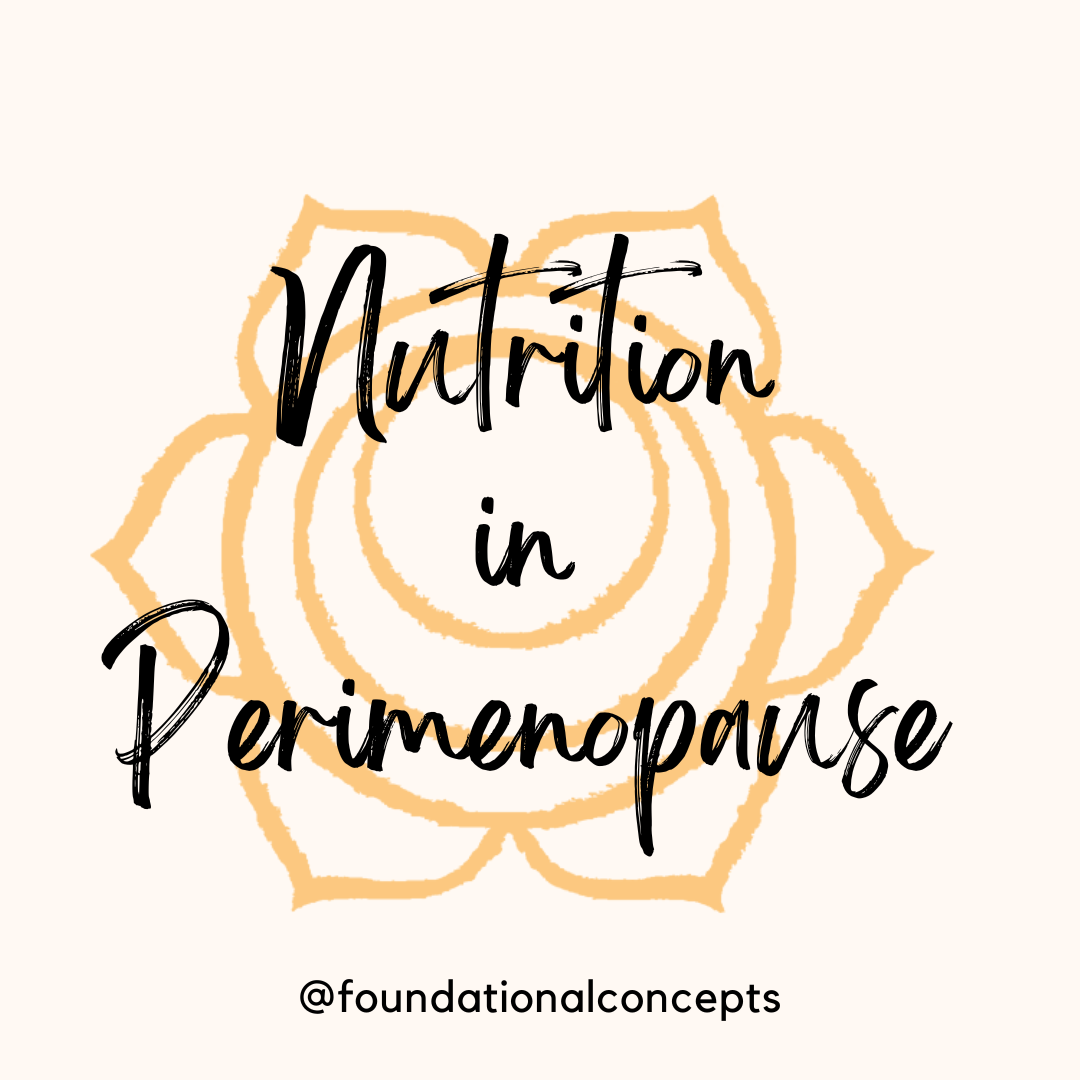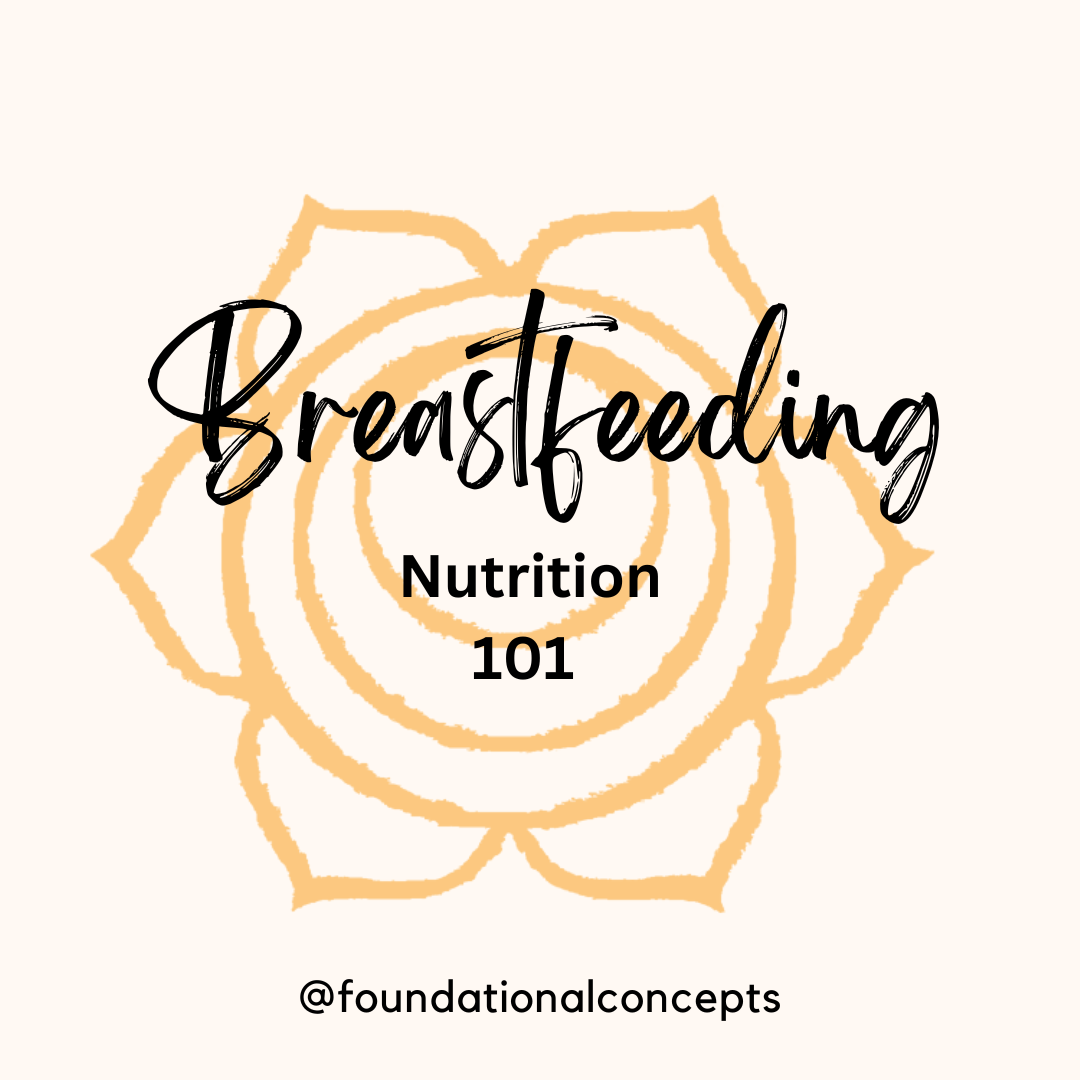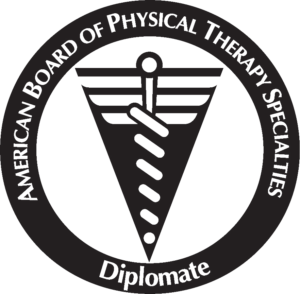Nutrition plays such an important role in our pregnancies and post-partum periods. Breastfeeding requires time…

Nutrition in the perimenopause stage
As women, our bodies go through many changes during perimenopause. Many women experience weight gain and decreased energy that affects their quality of life. Looking at how our bodies respond to the food we take in can help to mitigate these changes.
Here are some things to consider when you are planning your menu.
- Get enough protein. Our ability to absorb and use protein decreases as we age. Protein helps us to build and maintain muscle mass. Increased muscle mass helps to keep our basal metabolic rate high. Higher muscle mass also helps to keep bone density high as well. Protein also helps to keep us feeling full. It can also balance our blood sugar levels and decrease cravings. This helps to keep energy levels as well.
- Ideas for increased protein could include adding protein powder to smoothies or yogurt.
- Add a protein source to every meal such as lean meat, fish, eggs, lentils tofu, or cheese. Serving size shoulder be about the size of your palm.
- Eat a lot of produce. Produce has a lot of micronutrients, which add volume and fiber to snacks. This helps to feel full and satisfied. This improves bowel movements, improves energy levels, and assists in managing blood sugar.
- Eat the rainbow. The more variety and color the better.
- Aim for 1-2 servings of produce at every meal.
- Eat slowly. This helps to tune in to what your body is telling you it needs. This helps to make sure that you are eating enough food, stop when you are satisfied, and reduce your overall energy intake. Eating slowly also helps to thoroughly chew your food, improve digestion, and reduce bloating. Eating slowly may also help to reduce acid reflux and improve sleep.
- Practice setting your fork down between bites.
- Don’t eat in front of your phone or computer.
- Eat with other people to slow down and talk.
- Pay attention to alcohol intake. Alcohol may worsen menopausal symptoms especially vasomotor regulation which can lead to hot flashes and decrease sleep quality. Alcohol can also interfere with our body’s ability to recover from stress and exercise.
- Alternate between wine and a non-alcoholic beverage to stay hydrated.
- Sit down and eat when you have a drink.
What we eat can truly affect how our bodies respond to how to the changes we go through during menopause. As we talk to our patients, we talk about nutrition and help to make small changes. From there we can refer to dieticians who have a specialty in menopause as well. It truly takes a team to help our bodies successfully transition through menopause.
At Founational Concepts our staff consider the whole person in our care. As you navigate symptoms of pelvic dysfunction we are also considering lifestyle factors that may contribute to your issues. We offer a free 15 minute phone consultation with one of our experts in pelvic health. Click here to schedule!




